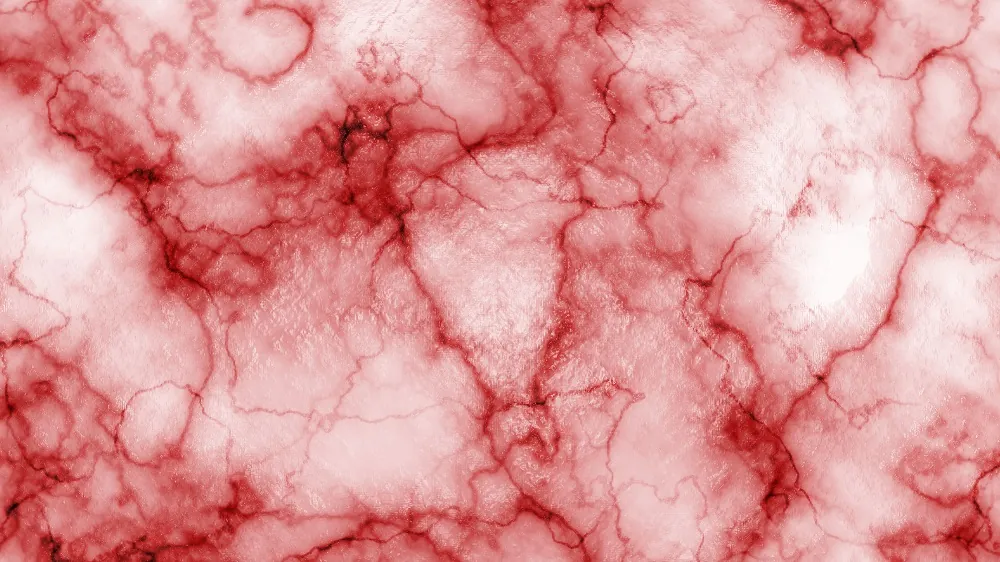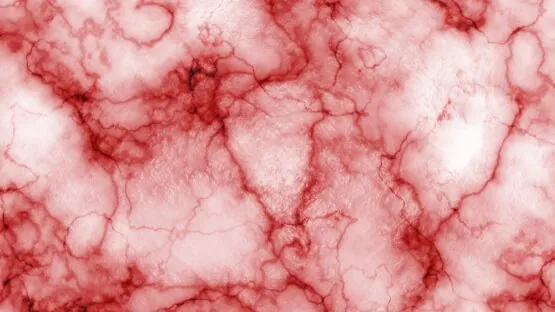Researchers publishing in GeroScience have discovered the molecular mechanisms through which fibrinogen, a protein that increases with aging, causes toxic compounds to more easily leak into the brain.
The deteriorating blood-brain barrier
In the brain, the microvessels (MVs) that are responsible for carrying blood to neurons and other cells provide careful filtration, both from infectious diseases and toxins. This is the blood-brain barrier (BBB), and it leaks with aging, causing inflammation and cognitive impairment [1].
These researchers have done prior work on this topic. They have found that, as mitochondrial dysfunction and the loss of proteostasis take hold, the MV begins to deteriorate and so the BBB begins to leak [2]. That work was focused on the differentially expressed genes between young, middle-aged, and old animals, and one of their findings was an unexpected increase in fibrinogen in the MVs. However, that work was not focused on fibrinogen, which is why the researchers moved forward with this study.
Fibrinogen increases, beneficial proteins decrease
While some mice had considerably more of this protein than others, young mice (4-6 months) were found to have an average of less than half of the fibrinogen beta found in old (20-21 months) mice. Meanwhile, ZO and CTNN proteins, which are responsible for tight junctions and are involved in the proper functioning of the BBB were found to decrease. Proteins responsible for mitochondrial fusion and fission were dramatically lower in the MVs of older animals, suggesting significant mitochondrial dysfunction.
An examination of protein interactions provided insight into why. Fibrinogen directly interacts with tight junction and other proteins along with related signals. Direct interactions were also found to occur with the mitochondrial proteins that were observed to decrease.
Exposing human cells to fibrinogen was detrimental to their survival. Human brain microvascular endothelial cells (HBMECs), the cells responsible or MVs in people, were exposed to fibrinogen. While lower concentrations could be tolerated, at roughly 5 grams per liter, the cells began to suffer significant problems with morphology and viability.
As expected, HBMECs exposed to fibrinogen, even in somewhat reduced quantities, produced considerably reduced quantities of the junction proteins they needed to function. Mitochondrial fusion and fission proteins suffered the same fate, with many of these proteins being significantly reduced at 2 grams per liter of fibrinogen.
A potential target for interventions
Fibrinogen is a protein that is produced by the liver and serves critical blood clotting functions. However, excess fibrinogen is not just a problem for the BBB; it has long been known to be associated with cardiovascular risk and is decreased with regular exercise [3]. While the effects of excess fibrinogen were not tested in the MVs of living animals, it is highly likely that fibrinogen is an appropriate target. If MV cells can be prevented from being affected by too much fibrinogen, whether through pharmaceutical or other interventions, it may be possible to fortify the blood-brain barrier for longer and thus defend against one source of cognitive decline.
Literature
[1] Hussain, B., Fang, C., & Chang, J. (2021). Blood–brain barrier breakdown: an emerging biomarker of cognitive impairment in normal aging and dementia. Frontiers in neuroscience, 15, 688090.
[2] Chandra, P. K., Cikic, S., Rutkai, I., Guidry, J. J., Katakam, P. V., Mostany, R., & Busija, D. W. (2022). Effects of aging on protein expression in mice brain microvessels: ROS scavengers, mRNA/protein stability, glycolytic enzymes, mitochondrial complexes, and basement membrane components. Geroscience, 1-18.





